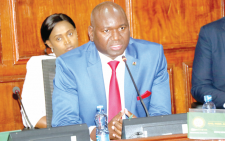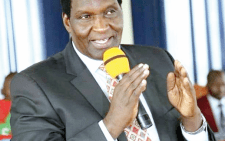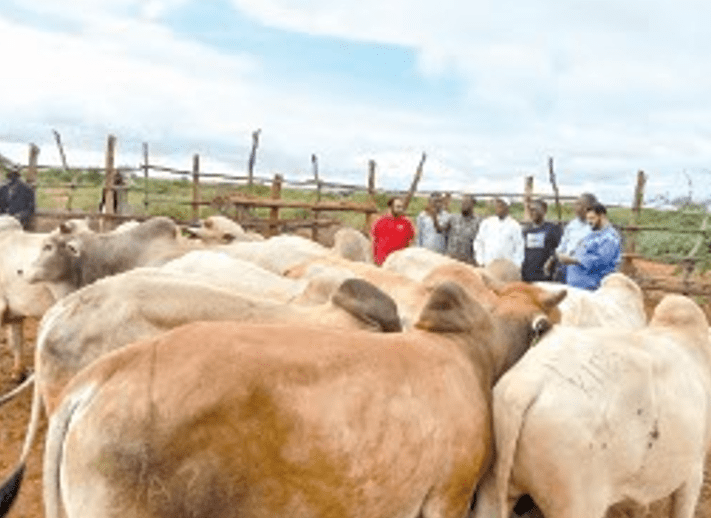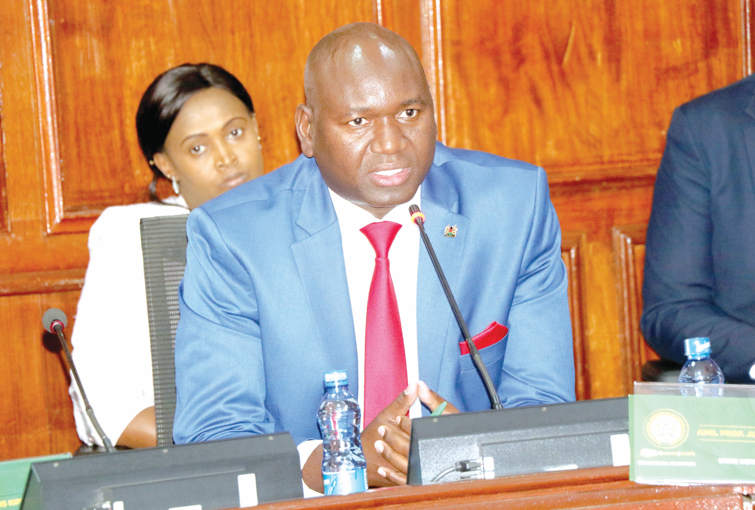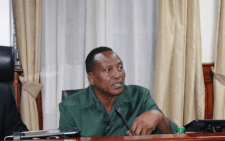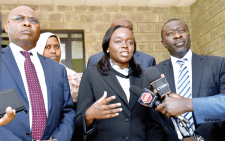Kenya Kwanza has had a smooth ride in Parliament with all its legislative proposals easily going through thanks to its numerical strength in a scenario that has given birth to claims of President William Ruto having taken control of the two Houses.
And with having allies Moses Wetang’ula and Amason Kingi as the Speakers of the National Assembly and Senate, respectively, Ruto’s government has been riding roughshod over Parliament.
“That is one area that he has cleverly utilised his political acumen to ensure he does not have troubles from MPs. Unlike his predecessor Uhuru Kenyatta whose agenda was quite often frustrated by some MPs, particularly those from the opposition before he entered into a handshake with Raila Odinga, Ruto has had a smooth sailing,” says Herman Manyora, a lecturer at the University of Nairobi.
All the bills coming from the Executive sailed through with little resistance from the minority side, especially the respective Finance Bills that left the National Assembly sharply divided.
Contentious bills
The proposal to introduce the housing levy was so contentious, ending up in the Supreme Court for determination.
In the subsequent year, Ruto made another spirited attempt to push through new tax proposals but was met with stiff resistance from the opposition.
Kenya Kwanza enjoy a super majority in both Houses after a section of Jubilee Party members and those elected as independent candidates joined the bandwagon, making pushing of bills an easy exercise.
It is against this background that Ruto has gone to the extent of issuing threats to MPs who defy orders by the Executive to pass bills.
During the acrimonious debate on the Finance Bill, 2024, Ruto threatened MPs planning to vote against it, sentiments which were also echoed by his Deputy President Rigathi Gachagua, and other government leaders, including the Speaker of the National Assembly.
MPs were warned that those trying to shoot down the legislation would be starved of development projects.
Ruto also managed to use his numbers to suppress a number of impeachment motions, two against Meru Governor Kawira Mwangaza and that of the former Agriculture Cabinet Secretary Mithika Linturi. The Finance Bill, 2023, (now an Act) sought to amend the laws relating to various taxes and duties to expand the tax base and raise revenue for the 2023/24 budget that stands at Sh3.6 trillion.
Tax debate
The controversial bill sailed through the second reading after 176 members voted in support of it while 81 opposed it. During the Committee of the Whole stage, 184 MPs voted to approve the increase in fuel tax from eight per cent to 16 per cent while 88 members voted against it.
The Independent Electoral and Boundaries Commission (Amendment) Bill, 2022, sought to alter the composition of the Selection Panel that oversees the filling of vacant positions in the IEBC.
The Bill proposed a reduction of numbers allocated to the Parliamentary Service Commission in the selection panel from four to two. Furthermore, the Political Parties Liaison Committee, the Law Society of Kenya and the Public Service Commission are to nominate one member to the panel.
The bill passed with ease but was contested by the opposition and was one of the agenda during the National Dialogue Committee (Nadco) talks.
Other bills that Ruto had his way are the Division of Revenue Bill, 2023, which provided a legal framework for the equitable division of revenue raised nationally, between the National government and the County government.
The County equitable share consequently increased by Sh15.4 billion, the Supplementary Appropriation Bill, 2023, which provided a legal framework for the issuance of an estimated Sh200.5 billion out of the Consolidated Fund for service delivery.
The Appropriation Bill, 2023 which sought to authorise the issuance of a sum of money out of the Consolidated Fund and its application towards the service of the year ending June 30 and to appropriate that sum and a sum voted on account by the National Assembly for certain public services and purposes.
Others are the County Allocation of Revenue Bill, 2023, where the executive was seeking for equitable allocation of revenue raised nationally among the county governments for the 2023/24 financial year.




